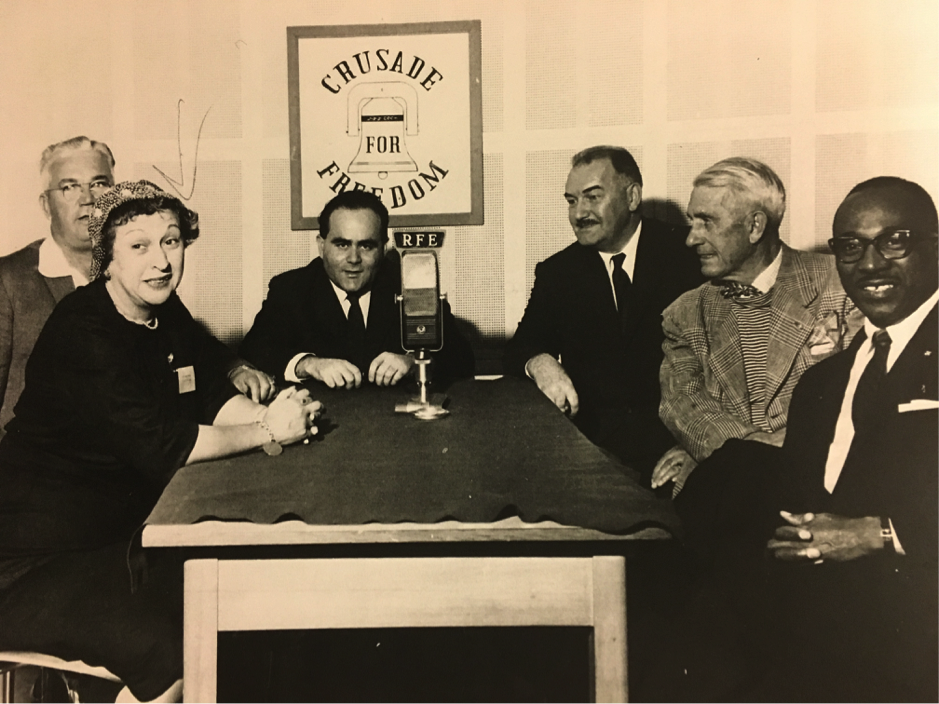"Every Courageous and Incisive Measure": The Participation of Jewish and African-American Women's Groups in the Anti-Communist Campaigns of the Crusade for Freedom, 1949-1960
Advisors: Anders Stephanson (Columbia), Matthew L. Jones (LSE)
Thalia Ertman (CU/LSE Class of 2017) wrote her dissertation on Jewish and African-American women navigating the anti-communist political climate of the 1950s in the United States. Her dissertation, titled "Every Courageous and Incisive Measure: The Participation of Jewish and African-American Women's Groups in the Anti-Communist Campaigns of the Crusade for Freedom, 1949-1960," specifically looked at three women's groups in this period: The National Council of Jewish Women (NCJW), B'nai B'rith Women (BBW), and the National Council of Negro Women (NCNW). Ertman first explores the histories of these three women's groups as "non-mainstream" (non-white) groups with roots in the Progressive Movement of the 1920s and 1930s, and their struggles to settle on an identity both as women and as members of a "non-mainstream" group. While acknowledging that each of these groups has its own institutional history and identity, and also acknowledging that the experiences of Jewish American women and African-American women were distinct, this dissertation focuses on their similarities to highlight a particular moment in time and an apparent break with an expected trajectory. This dissertation specifically analyzes why these three "non-mainstream" women's groups, with their roots in the Progressive Movement and their growing involvement in the Civil Rights movement of the later 1950s, had a more conservative moment in the early 1950s that caused them to support a virulently anti-communist campaign called the Crusade for Freedom. Ertman concludes three main reasons for this: (1) to distance themselves from past associations with the Communist Party and other social reform movements under attack in the early Cold War, (2) to demonstrate their patriotism, and (3) to establish themselves as legitimate and trustworthy in order to gain valuable political capital. This dissertation addresses themes of identity (racial, gendered, and political), political capital and maneuvering within the state-private network, and the tactics that "non-mainstream" groups use to make their voices heard amidst the early Cold War climate.

